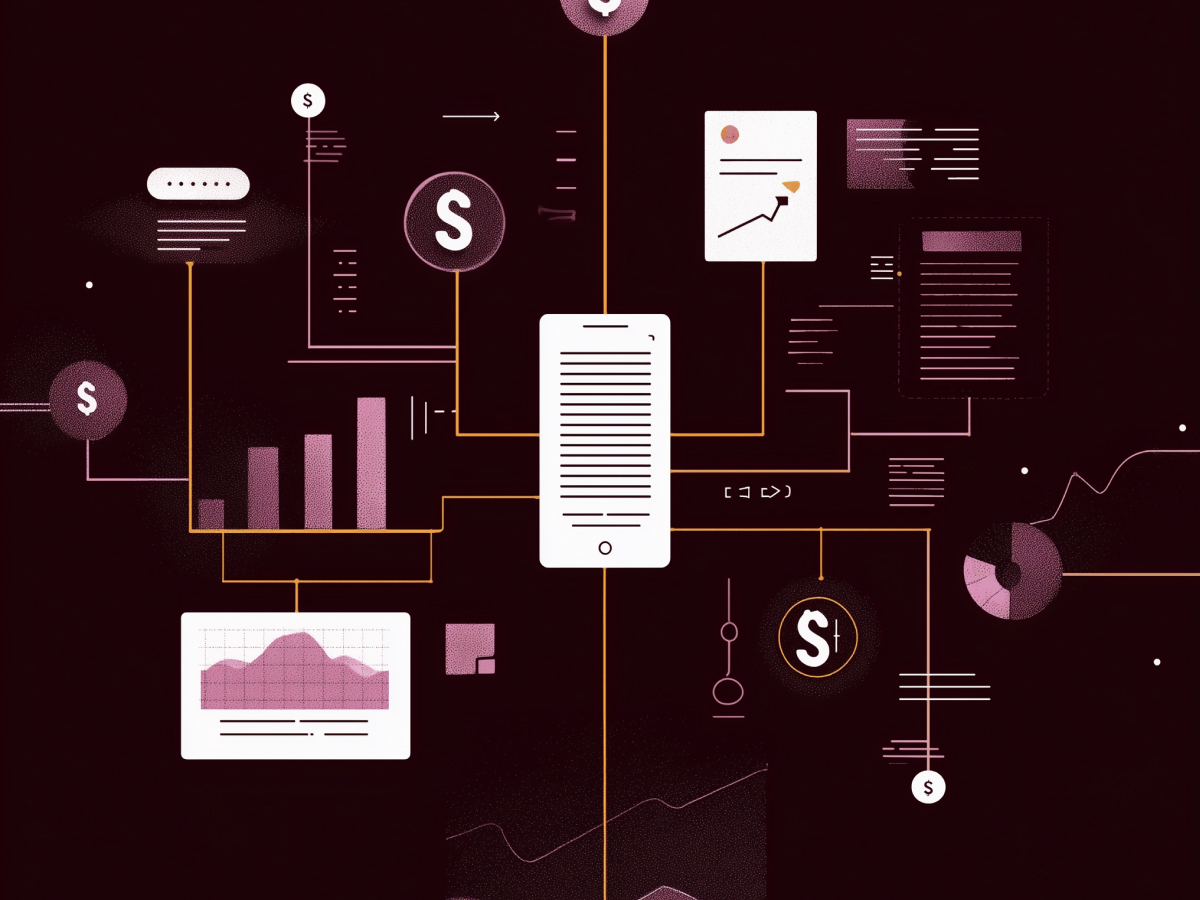AI fundamentally changes the way businesses approach product development by driving innovation, improving quality, and increasing operational efficiency. It functions as both an automator of routine tasks and a creative collaborator, allowing teams to focus on high-value activities.
Leading companies, often called Digital Champions, use AI and machine learning (ML) to accelerate development, generating over 30% of their revenue from fully digital products and services.
AI tools excel at analyzing large datasets from sources such as social media and customer reviews. Tools quickly identify emerging market trends and consumer preferences, supporting data-driven decision-making during product ideation. Companies can develop products that align more closely with consumer demand, giving them a competitive edge.
AI-driven testing is raising the bar for quality and efficiency
AI changes the testing phase by automating processes that previously required manual effort. AI tools like Test.ai and Applitools extend test coverage, identifying issues that manual methods might miss. These solutions help make sure products meet high-quality standards before going to market, with greater speed and accuracy.
Test.ai automates mobile app testing by simulating human interaction with software, detecting UI inconsistencies across devices and operating systems.
Applitools specializes in visual testing, scanning for display quality variations across different resolutions. This automation reduces testing time and costs, accelerating product launches without compromising quality.
AI Is changing A/B testing for the better
AI automates A/B testing by processing data faster and providing real-time insights. Companies can simultaneously test multiple ideas across the product funnel rather than in isolation.
AI also predicts potential user issues and bugs, improving the overall user experience and minimizing post-launch adjustments.
AI brings rapid prototyping to a whole new level of speed and innovation
AI-driven prototyping speeds up product design through automation. Generative design algorithms produce numerous design variations quickly, allowing designers to explore multiple options and refine ideas faster. Rapid iteration leads to greater creativity and innovation in product development.
AI creates real-world condition simulations, providing valuable feedback on product functionality and usability before production.
In autonomous driving system development, AI uses reinforcement learning to simulate traffic environments, helping engineers identify and address system weaknesses long before real-world deployment.
AI-powered automation is the key to supercharging developer efficiency
AI automates repetitive tasks, helping developers to concentrate on more creative and strategic activities. 72% of developers report increased productivity with Generative AI (GenAI).
While automation delivers clear efficiency gains, deciding which tasks to automate should involve careful consideration of complexity, potential impact, and cost.
Tracking Key Performance Indicators (KPIs) is key for measuring the effectiveness of AI automation. Regular monitoring makes sure that automated processes are delivering the expected improvements in productivity, allowing for course correction if inefficiencies arise.
Meet the AI assistants making developers faster and smarter
AI-powered tools like GitHub Copilot assist developers When providing real-time, context-based code suggestions. Newer tools reduce errors and simplify the coding process, supporting faster development and improving code quality.
AI tools offer insights for strategic decision-making. A University of Waterloo study shows that GitHub Copilot effectively prevents basic coding errors and can suggest corrected versions of flawed code.
AI tools can be customized to fit an organization’s coding standards, increasing consistency across development teams.
AI-Driven MVP development that’s fast, efficient, and ready for feedback
AI improves Minimum Viable Product (MVP) development When analyzing market data, generating prototypes, and collecting user feedback. It helps companies iterate more efficiently, creating refined products based on real-time insights.
AI’s effectiveness in MVP development depends on the availability of large datasets, which can pose challenges for smaller projects with limited resources. It’s essential to differentiate between a prototype (used to test ideas) and an MVP (tested with real customers) to ensure project success.
How AI insights can make your product launch a smashing success
AI tools analyze vast amounts of customer feedback, highlighting key pain points and market gaps before a product launch. Hootsuite and Lexalytics use Natural Language Processing (NLP) to sift through social media conversations and product reviews, allowing businesses to refine their offerings to better meet customer expectations.
AI also detects potential threats, such as shifts in consumer behavior or the emergence of new competitors. When analyzing trends early, businesses can adjust their strategies to mitigate risks and stay ahead of market changes.
Use AI for real-time product monitoring and perfect your launch strategy
After launch, continuous monitoring is critical for long-term success. AI tools like Google Analytics and Tableau provide real-time insights into product performance and customer satisfaction, helping businesses to make data-driven adjustments to maintain product relevance.
How Amazon and Netflix use AI to dominate their product launches
Amazon and Netflix exemplify successful AI-driven launches. Amazon uses AI to continuously adjust its product offerings based on real-time customer feedback, while Netflix relies on AI algorithms to predict viewer preferences and optimize content recommendations. These strategies enable both companies to remain agile and responsive post-launch.
Key takeaways, are you ready to integrate AI?
Successfully integrating AI into product development requires more than just adopting new tools—it demands a shift in team dynamics and workflows. Organizations must make sure that their teams are well-versed in AI technologies and foster a culture of continuous learning.
Creating adaptable workflows and emphasizing the human element of AI adoption is key to unlocking the technology’s full potential.





